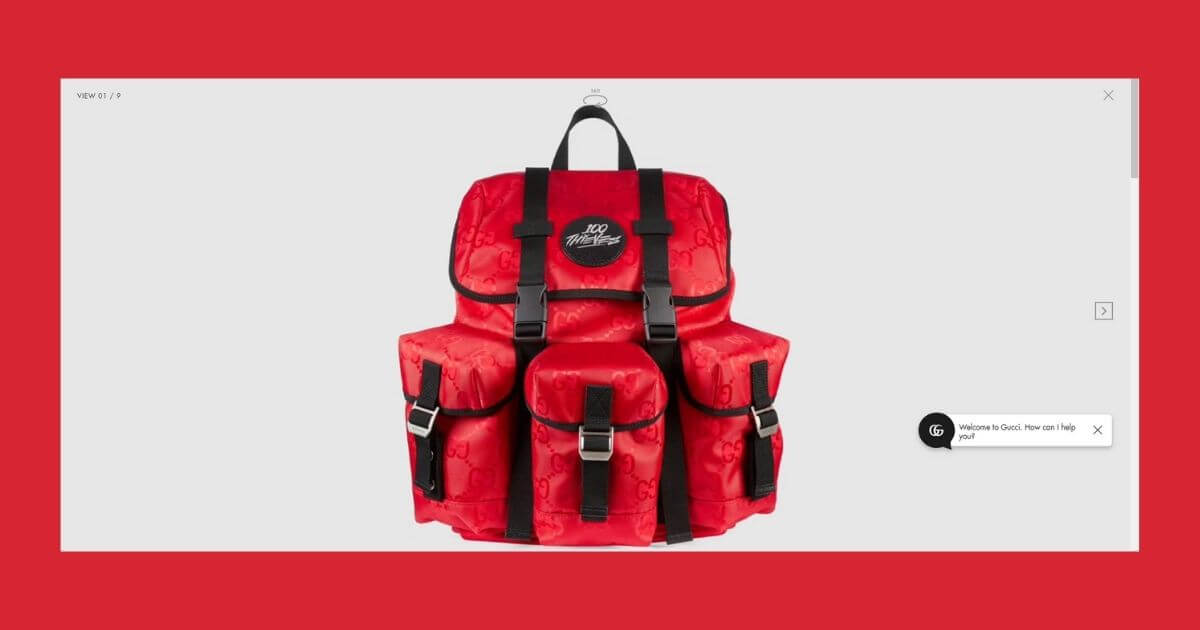Esports Teams, Players Positioning for Licensing

Esports teams and players are increasingly being positioned for licensing as they move beyond games, tournaments and arenas.
With the arrival of fashion collections – the Esports organization 100 Thieves launched a $2,500 limited edition (200 pieces) backpack with Gucci and employed its players to promote it — and other high-end goods, the teams and players are rapidly emerging as a pop culture staple. For example, many teams have launched apparel collections with anime brands, which are highly popular with fans and players alike.
Coveted demo, and lots of it
The main lure for brands attracted to esports is the size of audience, particularly among the coveted 18-34 years age group. The global audience, largely via streaming, is expected to reach 474 million this year, up 8.7% from 2020 and will hit 577.2 million in 2024, according to research firm Newzoo.
Increasingly teams and players have moved their reach beyond the markets and regions where they’re based. For example, FaZe Clan’s Nick “Nickmercs” Kolcheff recently collaborated with esports brand H4X for an exclusive apparel collection and the esports team Evil Geniuses paired with apparel brand Point3, which is expanding into esports from basketball.
Merchandise generates a small part of league and team revenue. Newzoo estimates that “in-venue merchandise/tickets” is expected to generate $66 million in revenue this year, only about 6% of the total $1.08B esports business that’s dominated by money from broadcast rights and sponsorships. (It expects the total pie to jump to $1.6B in 2024.)
But merchandise partnerships and licensing outside the arena are increasingly gaining traction and finding a home in luxe, streetwear and other collaborations:
- Esports teams are licensing NFTs. Most recently, the Florida-based esports group Misfit Gaming signed an agreement with digital collectibles developer Fanaply for a series of four NFTs that launched Aug. 16, marking the Misfits’ Call of Duty team (Florida Mutineers) qualifying for the post-season playoffs for the first time. Earlier, European gaming organization G2 Esports signed on with NFT developer Bondly, while the Russian Esports grouppro partnered with Lympo for NFT player cards for its Dota 2 and Counter-Strike Global Offensive (CS:GO) teams players
- In addition to Gucci, which also has fielded an apparel collection with 100 Thieves, other luxury brands have entered the esports game. Louis Vuitton, which entered the fray in 2019 in designing a travel case for the League of Legends (LOL) World Championship trophy, also has released LOL apparel, footwear and accessories, including a $3,000 tote bag. It has sold the collections online and several of its stores.
- Audio peripheral supplier Astro Gaming has signed licensing deals with several teams for its headphones, including with New York esports group Andbox’s New York Subliners (which compete in Call of Duty); Japanese esports group Rush Gaming (Call of Duty) and the CouchWarriors League, an Australian fighting game league (Street Fighter V, Tekken 7).
- Much like Nike and Under Armour in other professional sports leagues, several suppliers have emerged to provide esports team-licensed apparel. Ult Esports has deals with the 20-team Overwatch and 12-team Call of Duty leagues. Fanatics’ Mitchell & Ness, better known for its Nostalgia-tinged apparel, also is a supplier for the Overwatch League teams including the Atlanta Reign, London Spitfire and Toronto Defiant. And those are in addition to Fnatic, which has long developed esports-related apparel and accessories, including most recently a Gucci watch that combines its black and orange logo with the fashion brand’s signature monogram.




